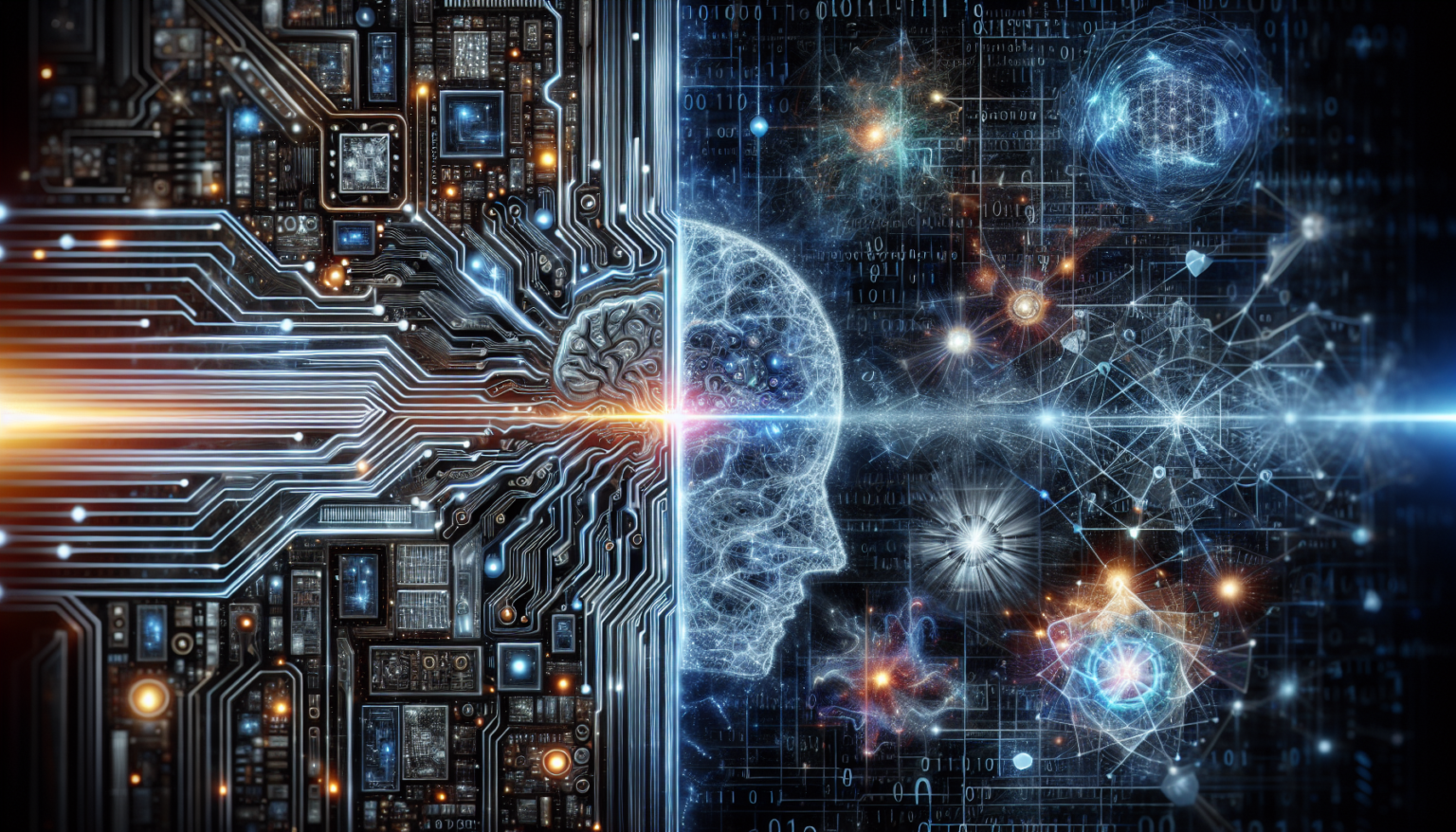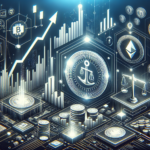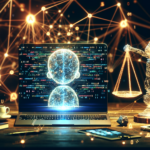The Emergence of Quantum Computing
Understanding Quantum Computing
Quantum computing represents a fundamental shift from classical computing paradigms. At its core, quantum computing leverages the principles of quantum mechanics, enabling computations at unprecedented speeds and efficiencies. While classical computers process information using bits that are either 0 or 1, quantum computers use quantum bits, or qubits, which can exist in multiple states simultaneously thanks to phenomena like superposition and entanglement. This capability opens up a plethora of opportunities in various fields, from complex problem-solving to advanced simulations.
The Threat to Traditional Cryptography
One of the most significant implications of quantum computing is its potential to undermine traditional cryptographic systems. Many widely used encryption methods, such as RSA and ECC (Elliptic Curve Cryptography), rely on the mathematical difficulty of factoring large numbers or solving discrete logarithms. However, quantum algorithms, notably Shor’s algorithm, can efficiently perform these calculations, threatening to break the cryptographic security upon which much of the world’s digital infrastructure relies.
The Need for Quantum Resistance
As we stand on the brink of a quantum revolution, there’s an urgent demand for quantum resistance in cryptography. The concept of quantum resistance focuses on developing cryptographic algorithms that remain secure against both classical and quantum attacks. The aim is to transition to post-quantum cryptography, which employs mathematical problems that are believed to be hard for quantum computers to solve, such as lattice-based problems, hash-based signatures, and multivariate polynomial equations.
The Role of Artificial Intelligence in Cybersecurity
A New Frontier for Cyber Defense
Artificial intelligence (AI) has emerged as a transformative force in cybersecurity, enabling organizations to improve their defenses against an evolving landscape of threats. By leveraging machine learning and data analytics, AI systems can analyze and respond to suspicious activities more efficiently than traditional methods. They can detect anomalies, predict potential breaches, and automate responses to incidents, ultimately enhancing overall security.
Identifying Vulnerabilities
One of the critical roles of AI in cybersecurity is identifying vulnerabilities within systems, including those that could be exposed to quantum attacks. Through advanced algorithms, AI can scan networks and identify weak points in encryption protocols and software. By pinpointing these vulnerabilities, organizations can take corrective measures before potential threats materialize.
Predictive Intelligence
AI’s predictive capabilities are particularly valuable in anticipating attacks and thwarting them before they cause harm. Machine learning models can analyze vast datasets to discern patterns and trends in cybercriminal behavior. By recognizing these patterns, organizations can proactively implement security measures that address potential quantum threats, ensuring their systems remain resilient against future challenges.
Integrating AI with Quantum Resistance
The Synergy Between AI and Quantum Resistance
The intersection of AI and quantum resistance offers exciting possibilities. AI can play a crucial role in developing and implementing quantum-resistant cryptographic algorithms. By utilizing machine learning, researchers can simulate various quantum attack scenarios and test the efficacy of new cryptographic techniques in real-time. This iterative process accelerates the development of secure algorithms that can withstand quantum threats.
AI-Driven Cryptanalysis
Conversely, AI can also assist in the cryptanalysis of quantum-resistant algorithms. By automating the process of testing these algorithms against known quantum attack methods, AI can help researchers identify any potential weaknesses in their designs. This collaboration leads to a more robust understanding of how quantum computing might interact with cryptographic systems, ultimately resulting in stronger defenses.
Adaptive Security Measures
As the cybersecurity landscape evolves, so too must the strategies employed to protect sensitive information. AI systems can adapt to emerging threats by continuously learning from new data, making them invaluable in the quest for quantum resistance. For instance, AI can analyze the success rates of quantum attacks against existing encryption methods and adjust cybersecurity protocols in real-time to enhance resilience.
Challenges and Considerations
The Complexity of Implementation
Integrating AI with quantum resistance is not without its challenges. The complexities of both fields can pose obstacles in creating solutions that are both effective and efficient. As quantum computing technology continues to advance, there’s a risk that the pace of innovation in AI and quantum-resistant cryptography may not keep up with potential threats. Bridging these gaps is essential to ensure robust cybersecurity frameworks.
Resource Allocation
The development of quantum-resistant systems and the integration of AI require significant resources, including skilled personnel and technological infrastructure. Organizations must prioritize investments in R&D, training, and technology to remain ahead of potential quantum threats. This can be a formidable task, particularly for smaller organizations without abundant resources.
Regulatory and Ethical Considerations
As AI becomes increasingly involved in cybersecurity, regulatory and ethical considerations come into play. Ensuring that AI systems are transparent, accountable, and unbiased is essential to maintain trust in their use. Additionally, organizations must be mindful of how they handle sensitive data when employing AI in cybersecurity. Balancing security needs and ethical considerations presents an ongoing challenge.
The Future of AI and Quantum Resistance
Ongoing Research and Development
The intersection of artificial intelligence and quantum resistance is an area ripe for ongoing research and exploration. As both fields evolve, collaboration among experts in cryptography, computer science, and AI will likely yield innovative solutions. Future breakthroughs could lead to the creation of more secure systems that can adapt to evolving threats in real-time.
A Proactive Approach to Security
As we move towards a more quantum-capable world, organizations must adopt a proactive approach to cybersecurity. This includes not only implementing quantum-resistant algorithms but also leveraging AI to enhance security measures. A comprehensive strategy that encompasses both AI and quantum resistance will be crucial in safeguarding sensitive information and infrastructure.
Cross-Industry Collaboration
Collaboration across industries will be vital for tackling the challenges posed by quantum computing. By sharing insights, research, and best practices, organizations can work together to develop effective strategies that ensure resilience in the face of quantum threats. This collective effort can help pave the way for a more secure future in a technology-driven world.
Embracing the Future Together
In the rapidly advancing landscape of technology, the intersection of artificial intelligence and quantum resistance represents a dynamic and critical area of focus. By embracing innovation and prioritizing collaboration, we can enhance cybersecurity and foster trust in our digital systems. The journey toward a quantum-resistant future is a shared endeavor that promises to shape how we engage with technology for years to come.








